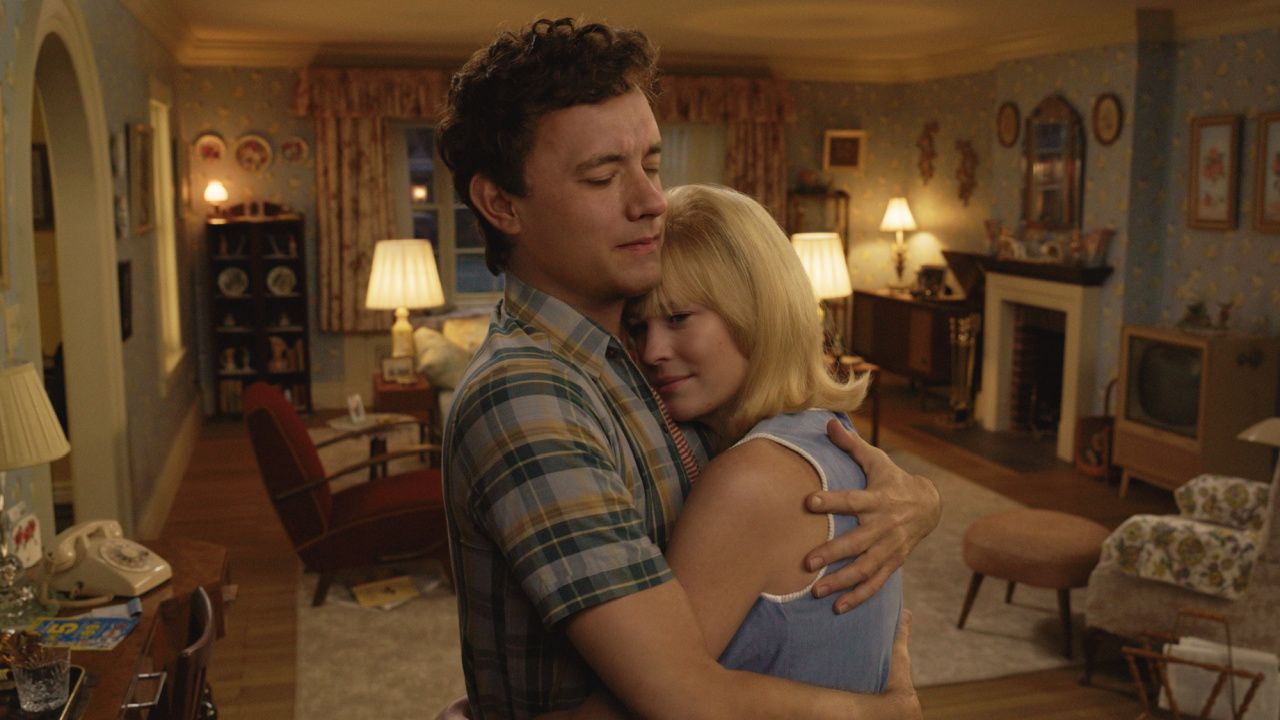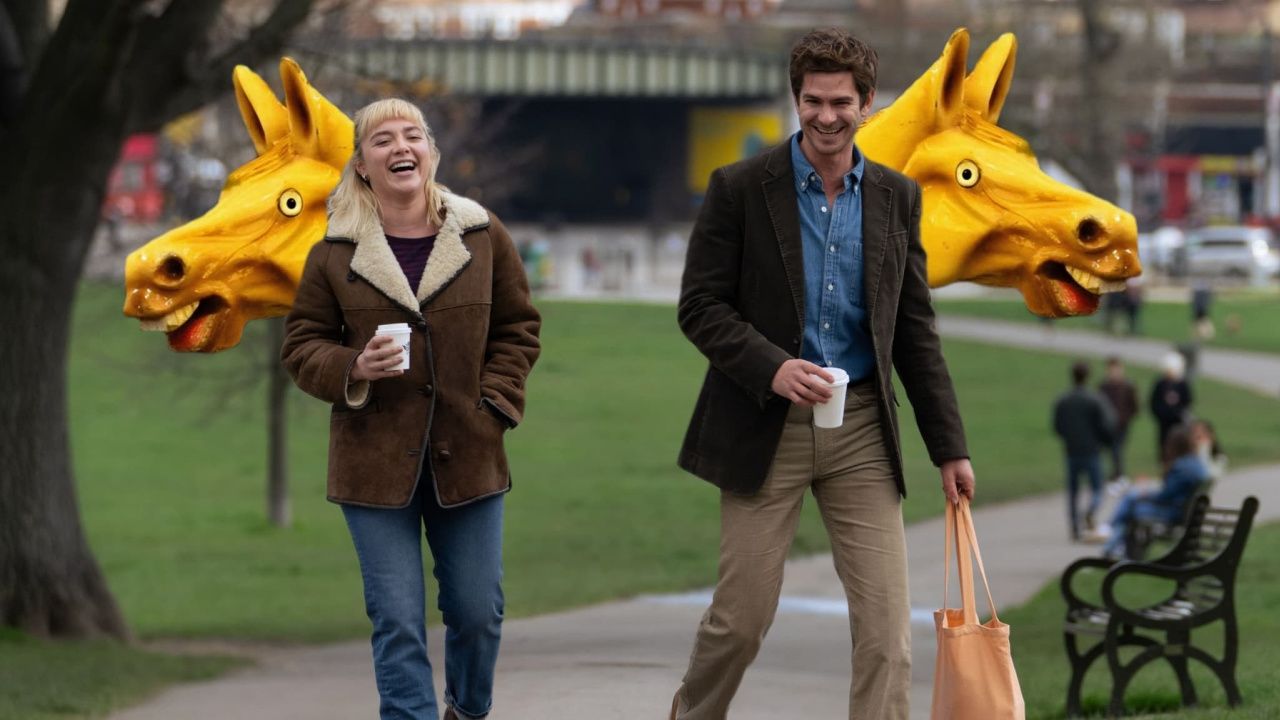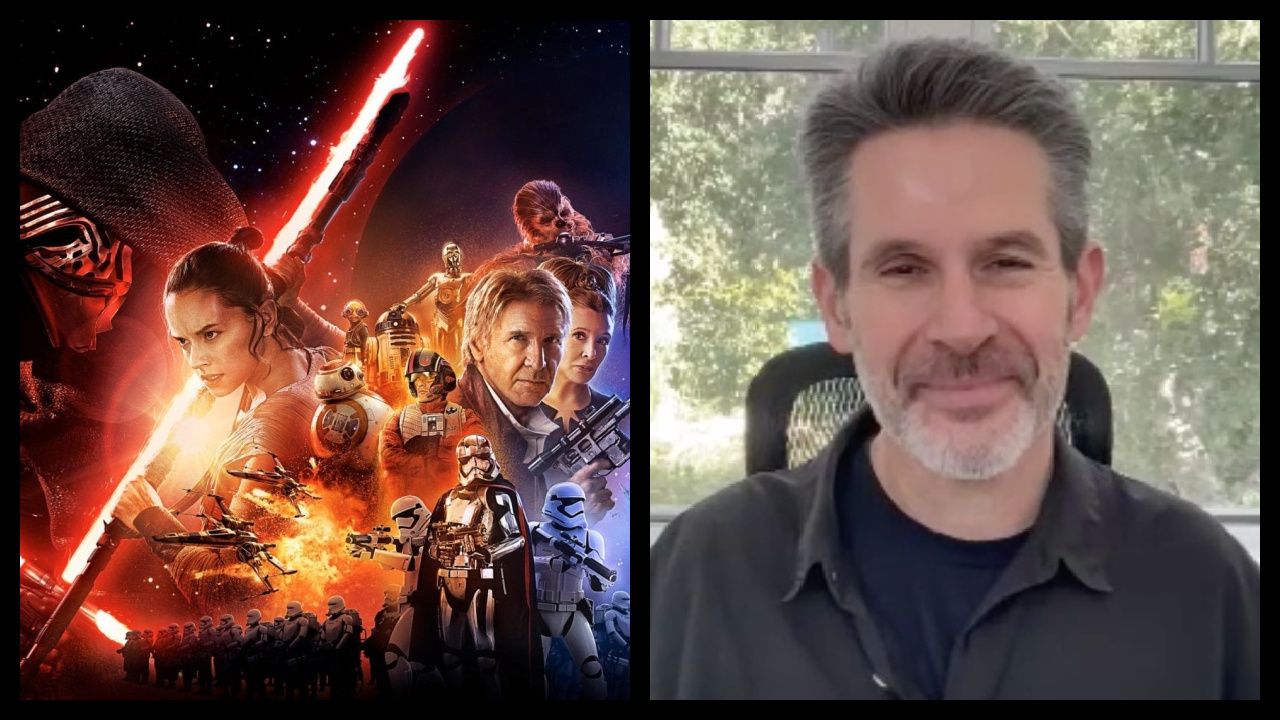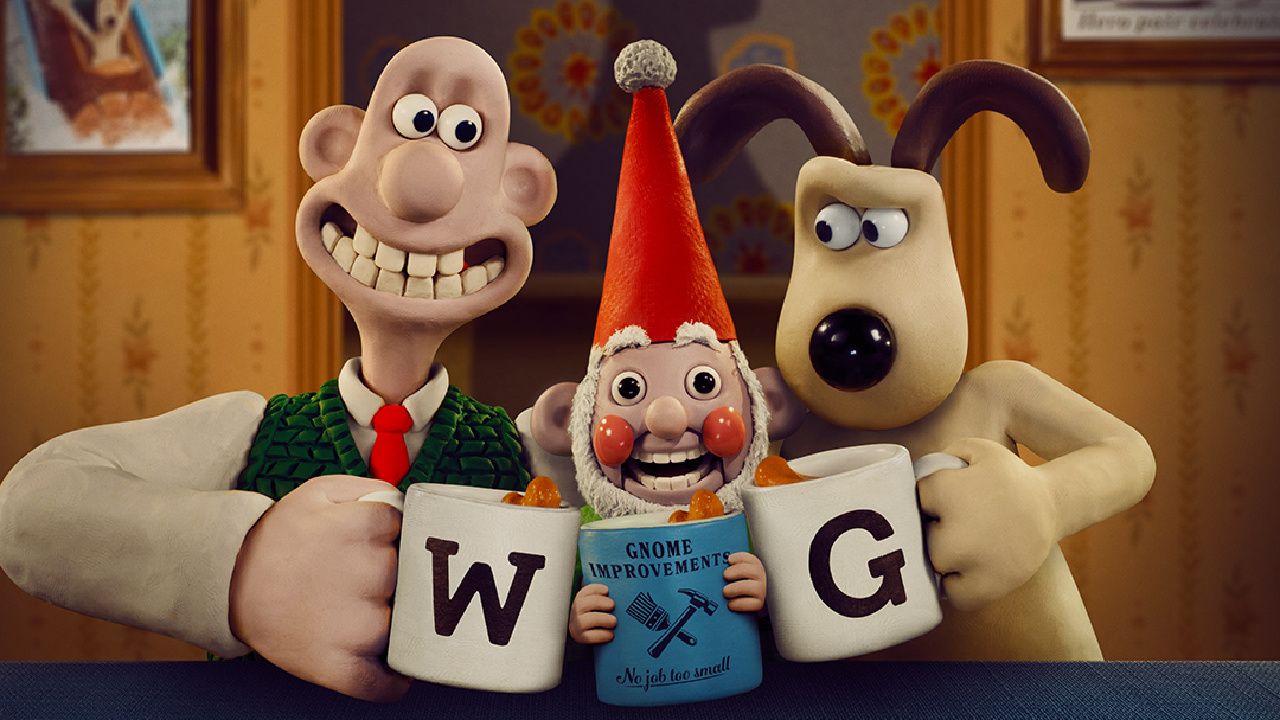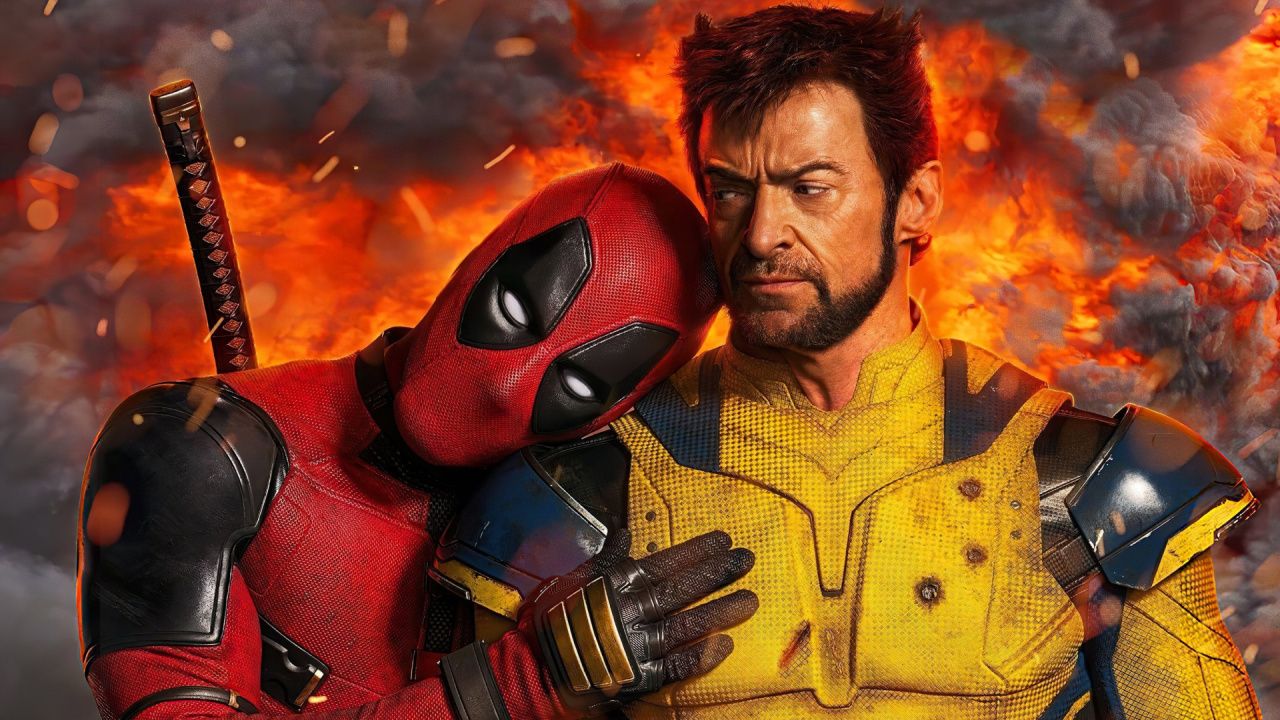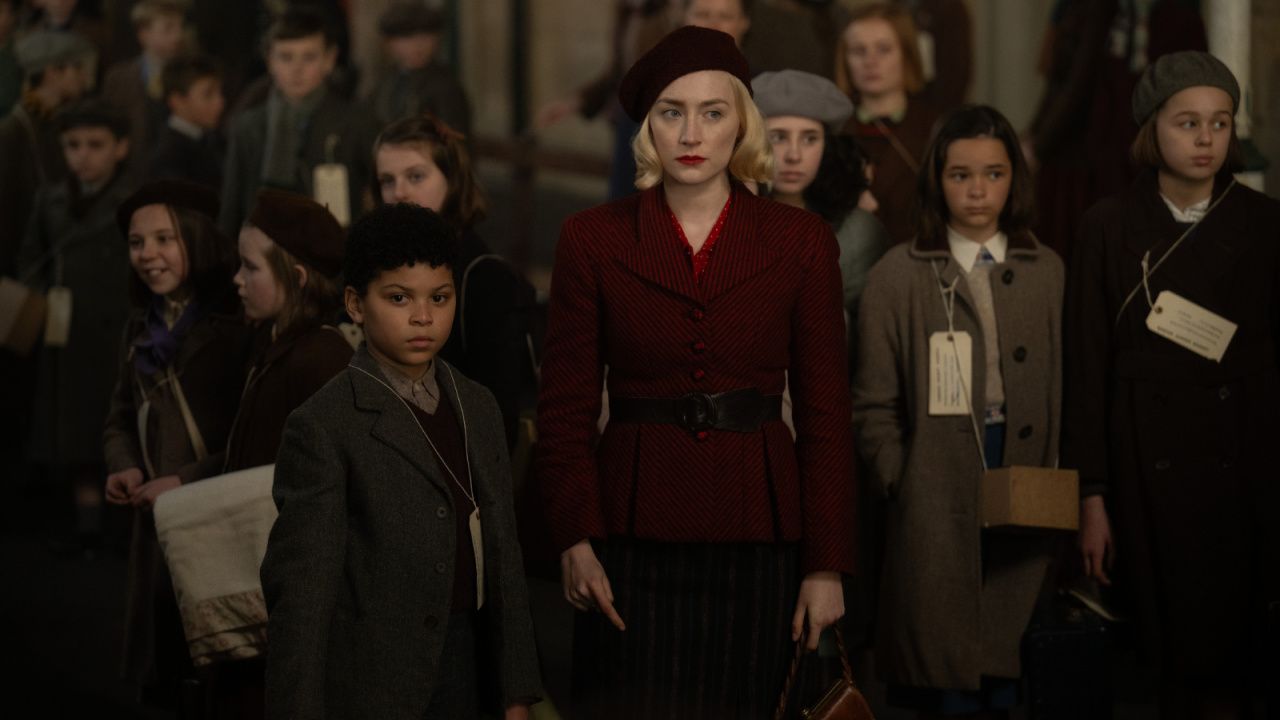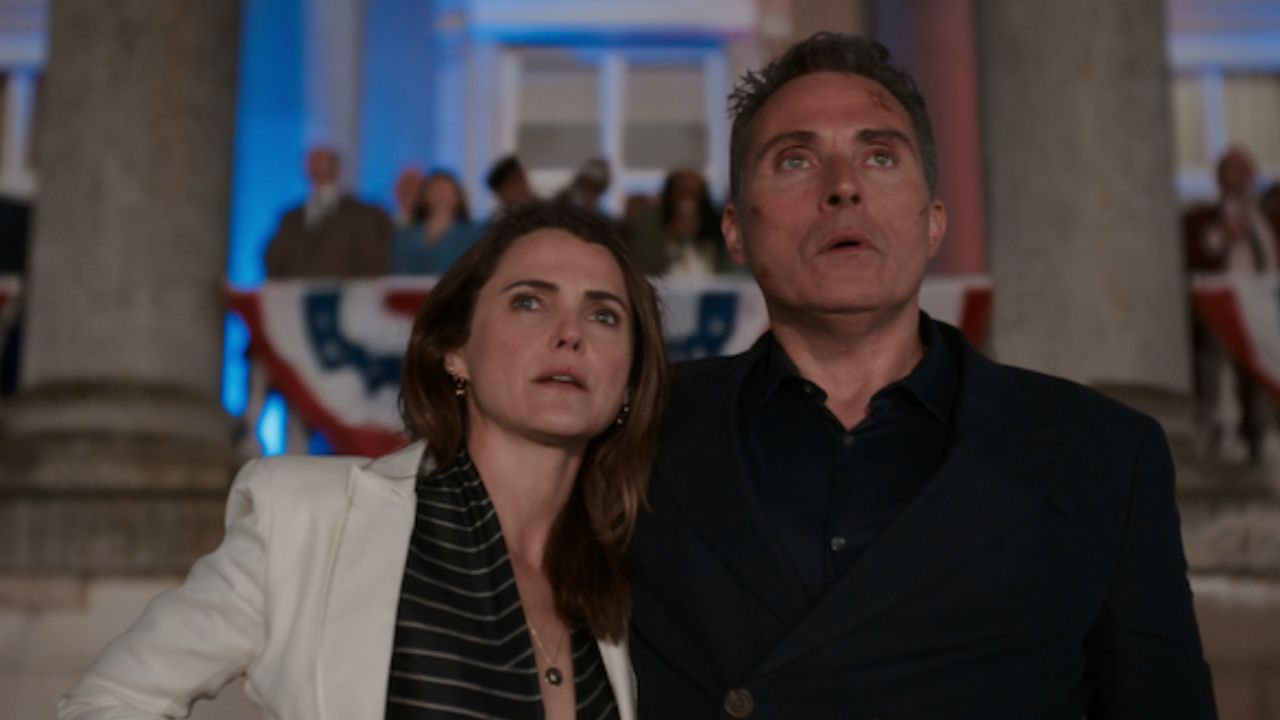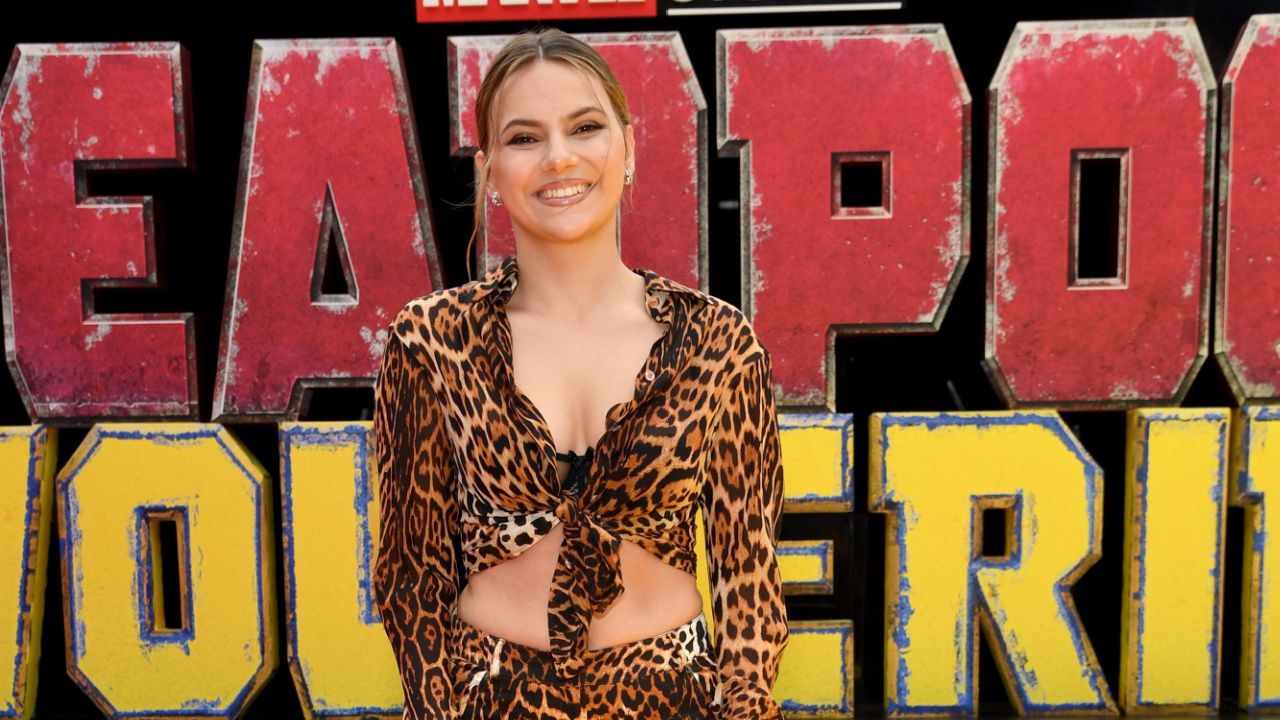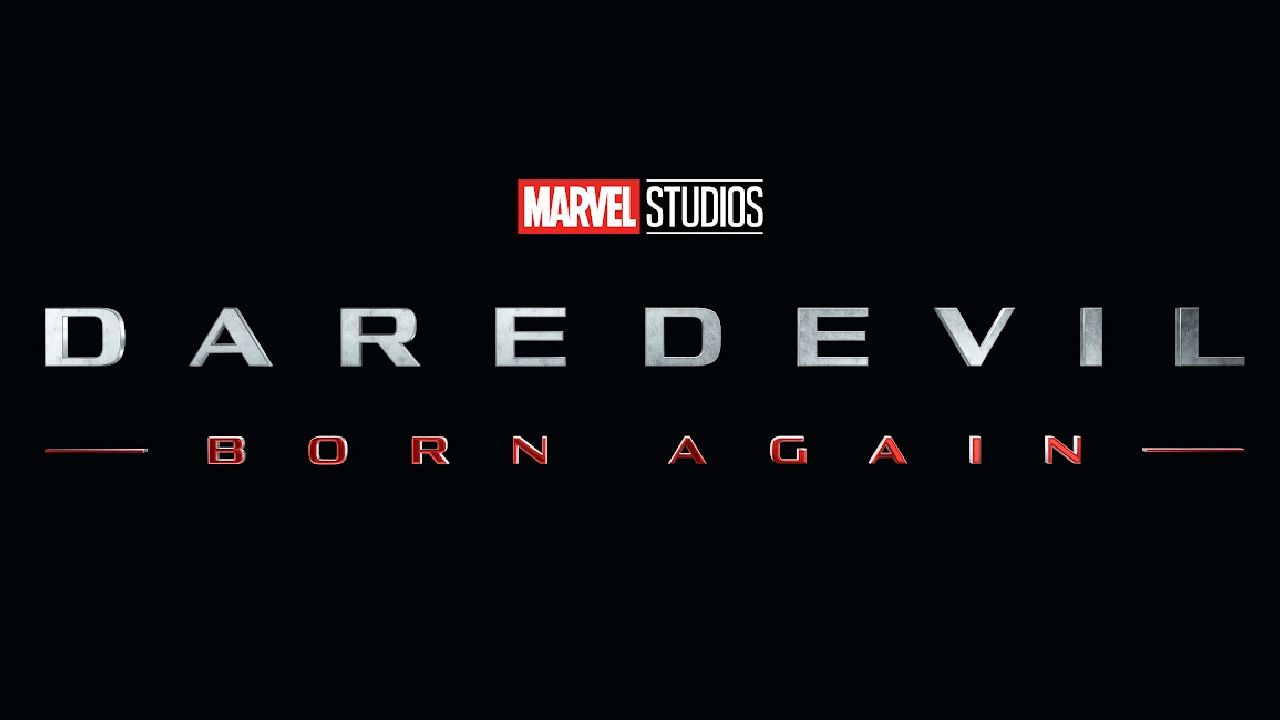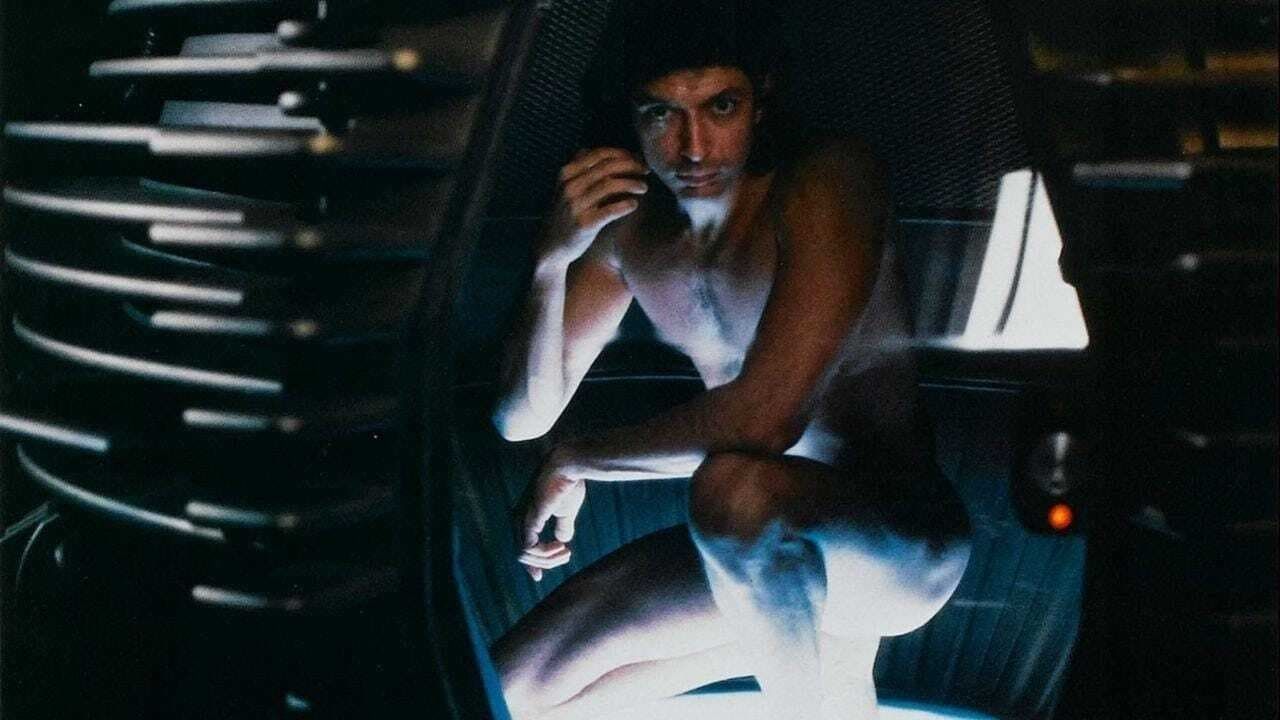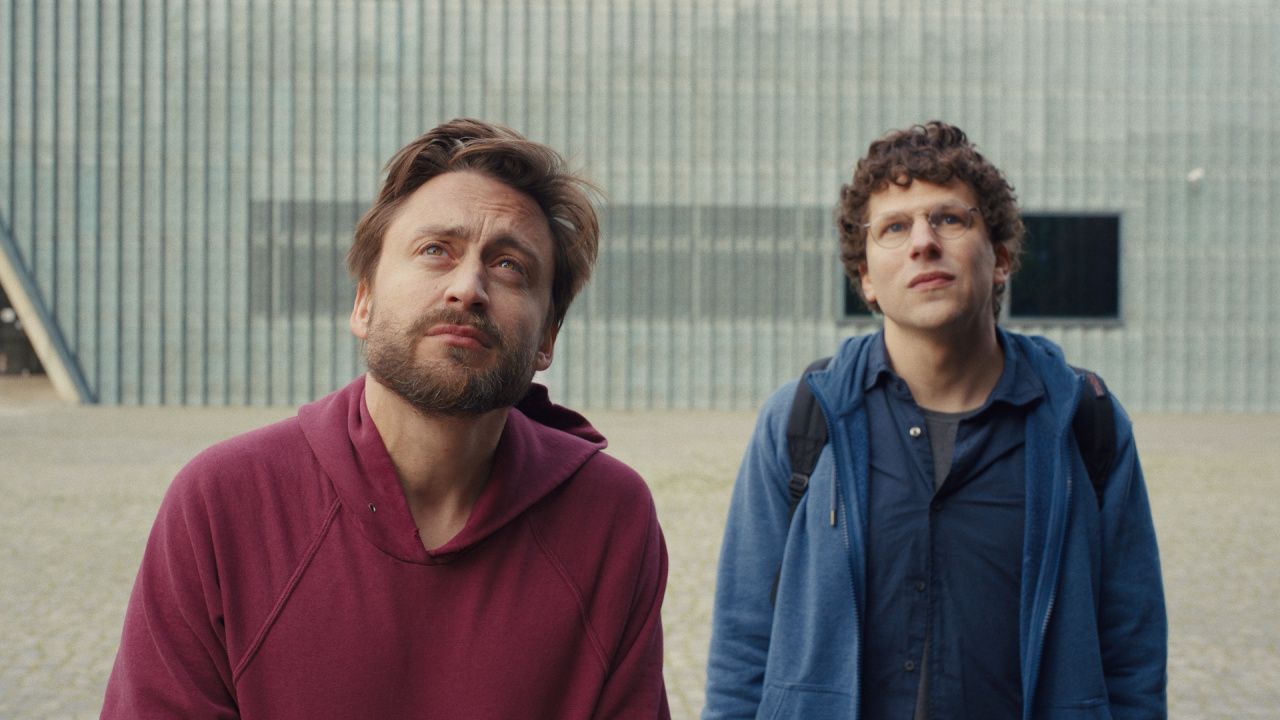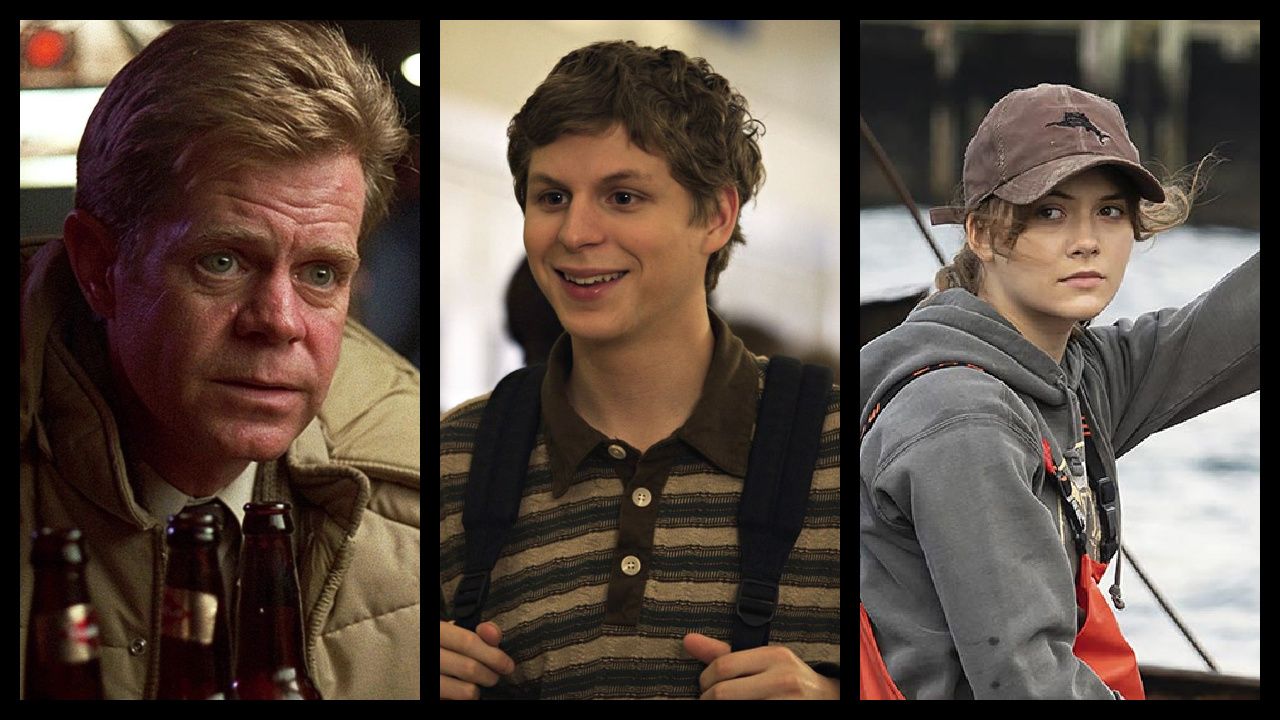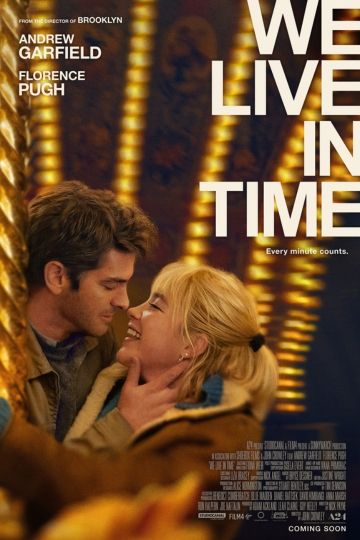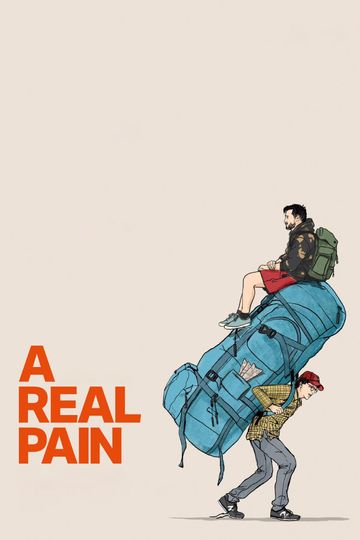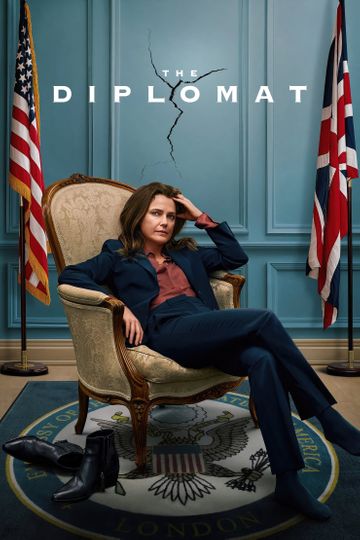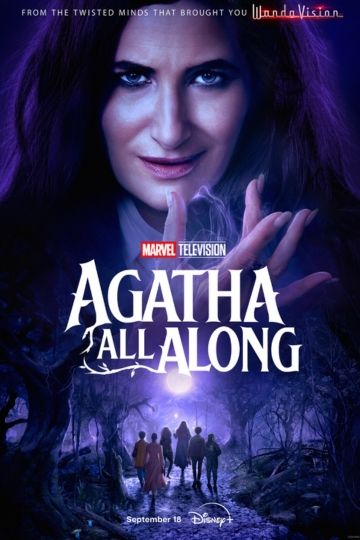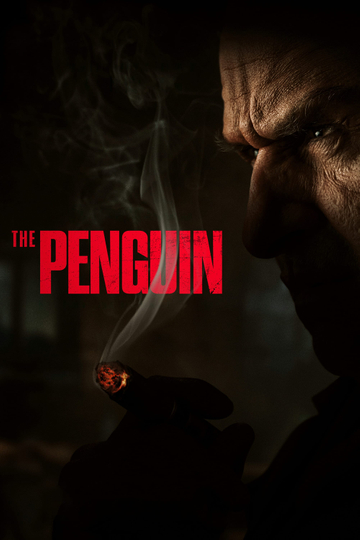Joe Mantegna Talks Paramount+'s 'Criminal Minds: Evolution'
Moviefone speaks with Joe Mantegna about 'Criminal Minds: Evolution.' "Not only has the storylines evolved, but the way we do the shows evolve," he said.
Premiering on Paramount+ November 24th is the revival of the long-running CBS procedural ‘Criminal Minds,’ now entitled ‘Criminal Minds: Evolution.’
The new show will follow the Behavioral Analysis Unit (BAU) as they are faced with a network of serial killers built during the COVID-19 pandemic.
The series stars returning cast members Joe Mantegna as David Rossi, Paget Brewster as Emily Prentiss, A.J. Cook as Jennifer “JJ” Jareau, Aisha Tyler as Tara Lewis, Adam Rodriguez as Luke Alvez, and Kirsten Vangsness as Penelope Garcia, while Zach Gilford joins the cast as Elias Voit.
Moviefone recently had the pleasure of speaking with Joe Mantegna about his work on ‘Criminal Minds: Evolution,’ reuniting with the cast, having the opportunity to explore his character over multiple seasons, where David Rossi is mentally when the new series begins, and how the show will be different now that it is streaming on Paramount+.
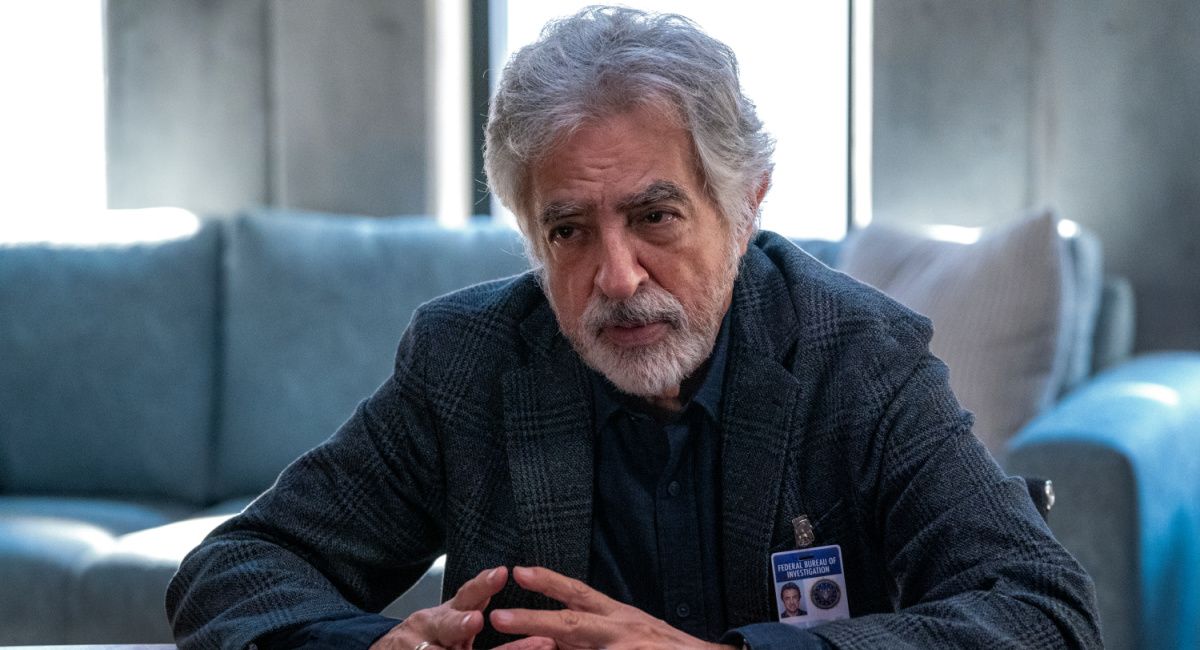
Joe Mantegna as David Rossi in 'Criminal Minds: Evolution,' season 16 streaming on Paramount+. Photo Credit: Michael Yarish /Paramount+.
You can read our full interview with Joe Mantegna below or click on the video player above to watch our interviews with Mantegna, Kirsten Vangsness, Aisha Tyler, and Zach Gilford about ‘Criminal Minds: Evolution.’
Moviefone: To begin with, as an actor, what has it been like for you to have the opportunity to play this character over multiple seasons and now return and get to explore him again with this new series?
Joe Mantegna: Well, it's been really a blessing. As an actor, you don't often get that opportunity to explore a character like that. I think in my case, the only other character I've explored longer is Fat Tony on ‘The Simpsons,’ which I've been doing for like 31 years. I learned early on that if possible, try to incorporate a lot of who you are into a character you're playing on a series because there is that off chance that you may be doing it for a good amount of time.
Obviously, in this case, that's exactly what happened. So, I think that there's been a lot of that. I’m not saying that David Rossi is a mirror image of Joe Mantegna, but I think I have been able to incorporate certain aspects of my own personality, hopefully, my life, and my background into that character, which I think in a way helps because it gives you that thing to draw from and fall back on as you, year after year, explore aspects of this character.
MF: David is in a dark place when we find him at the beginning of this series, can you talk about that and where it will take your character throughout the season?
JM: It's one of the things that I like about it in a sense that it is that realistic kind of aspect of it. In other words, it shows that things can happen to whoever you are. One of my mottos I live by is “Everybody has a story and nobody gets a free ride.” I think this is just an example of part of David Rossi's story and part of the fact that the ride has not been free for him as of late.

Joe Mantegna as David Rossi in 'Criminal Minds: Evolution,' season 16 streaming on Paramount+. Photo Credit: Michael Yarish /Paramount+.
So, this is something that he's going to have to deal with, as everybody does. Sometimes, things always don't always go great for the good guys and don't always go bad for the bad guys. So, you just got to hope for the best. I think this is an example of that. But I think it points to that old adage, “It doesn't matter how many times you fall down, it just matters if you get up.” So, hopefully, we'll see how David gets up.
MF: Finally, with the show now streaming on Paramount+ and not restricted by network guidelines, it seems that the subject material and even the language is now more mature. Can you talk about how the show has changed now that it is streaming?
JM: Well, there is that. I think it gives us that opportunity to actually be more realistic. It's funny, I remember I first started going to Europe many years ago, and I was always amazed by the fact that you watch European television, and they were saying and doing things that were like, “Wow, they don't let us do that in America.” Yet, I didn't feel like I was being damaged by it or anything. It was almost like, okay, they're kind of showing things as they are, as it really is as opposed to making a judgment as to, well, this shouldn't be said or shouldn't be shown.
I don't know. Everybody has their own personal feelings about censorship, whatever it may be. But at the end of the day, if people are educated and understand what's going on, they should be able to watch. If you don't want to see something, don't watch it. I get that. So, I think what's happened here is it's opened up that door a little more to reality of the way things maybe would really go down, and how people really would act. So, there is that, which I like that. It's called ‘Evolution,’ and I think that's part of the reason it is. You'll see that not only has the storylines evolved, but the whole way we do the shows evolve.
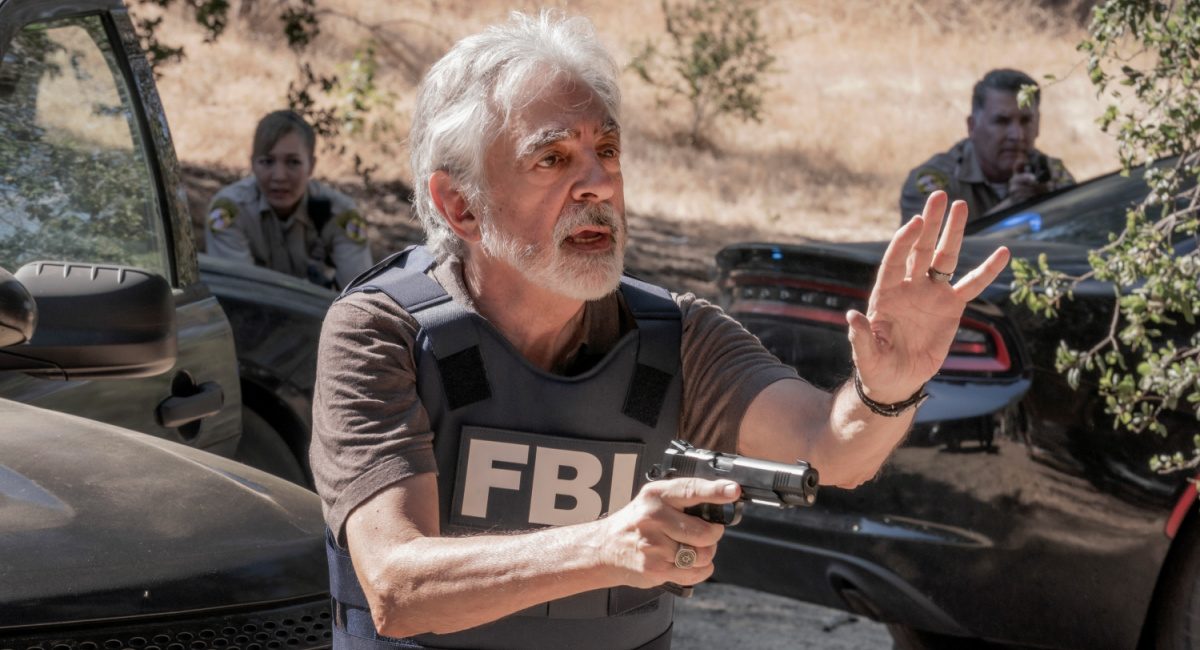
Joe Mantegna as David Rossi in 'Criminal Minds: Evolution,' season 16 streaming on Paramount+. Photo Credit: Monty Brinton /Paramount+.













